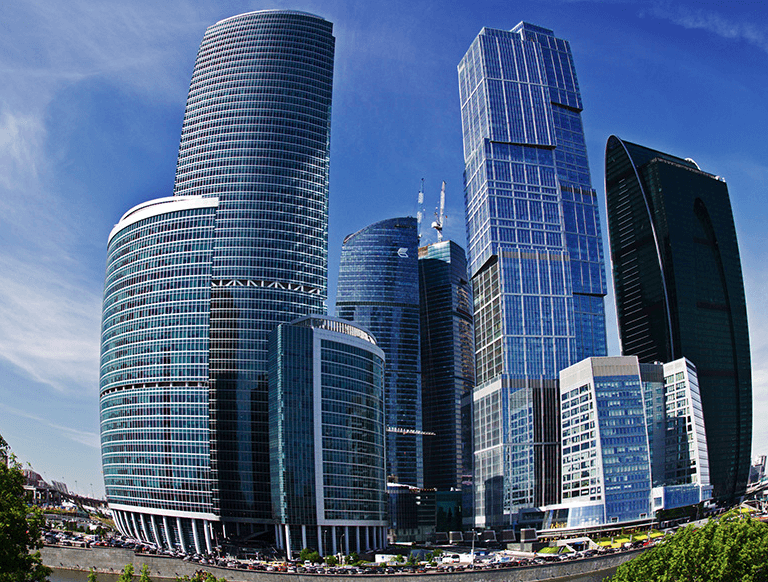German business confidence improved again in February, rising for the fourth consecutive month in the latest sign Europe’s largest economy was recovering from last year’s third quarter slump.
The business climate index, which is derived from a monthly survey of 7,000 companies, rose to 106.8 from 106.7 in February, the Munich-based Ifo Institute reported on Monday. Economists forecast a bigger rise to 107.7.
The assessment of the current business climate improved further in February, rising to 102.5 from 102.0. The current assessment index declined slightly to 111.3 from 112.7.
“Satisfaction with the current business situation decreased somewhat, but companies expressed greater confidence in future business developments,” said Ifo president Hans-Werner Sinn in a press release. “The German economy is proving robust in the face of geopolitical uncertainty.”
Business conditions improved somewhat in manufacturing, with the six-month business outlook reaching its highest level since August 2014. Business conditions in wholesaling and construction deteriorated slightly this month, Ifo data showed.
The figures provided added assurance that Europe’s largest economy was regaining momentum despite geopolitical uncertainties, euro area deflation and the growing threat of a Greek default.
Germany’s gross domestic product rebounded sharply in the fourth quarter of last year, growing 0.7 percent. That was more than double the rate of forecasts and well above the Q3 rate of just 0.1 percent. Year-on-year, Germany’s economy grew 1.6 percent. The Federal Statistics Office will release updated fourth quarter GDP figures on Tuesday.
According to analysts, Germany is on pace for around 0.4 percent quarterly growth in the first three months of 2015, having benefited from cheap oil and a weaker euro. However, the German economy is expected to remain subdued this year, according to a January forecast by the International Monetary Fund. The international lending institution said it expects Germany to grow only 1.3 percent in all of 2015, followed by a 1.5 percent growth pace next year. By comparison, euro area growth will average only 1.2 percent this year and 1.4 percent next year.
Eurozone GDP disappointed in the fourth quarter, growing only 0.3 percent quarter-on-quarter. France expanded only 0.1 percent, while Italy stagnated and Greece slipped back into contraction.
The euro was back on its heels Monday, touching an intraday low of 1.1294 US. It would subsequently consolidate at 1.1323 US, declining 0.5 percent.
The euro also declined against the British pound, falling 0.65 percent to 0.7348 GBP.
Tradersdna is a leading digital and social media platform for traders and investors. Tradersdna offers premiere resources for trading and investing education, digital resources for personal finance, market analysis and free trading guides. More about TradersDNA Features: What Does It Take to Become an Aggressive Trader? | Everything You Need to Know About White Label Trading Software | Advantages of Automated Forex Trading









